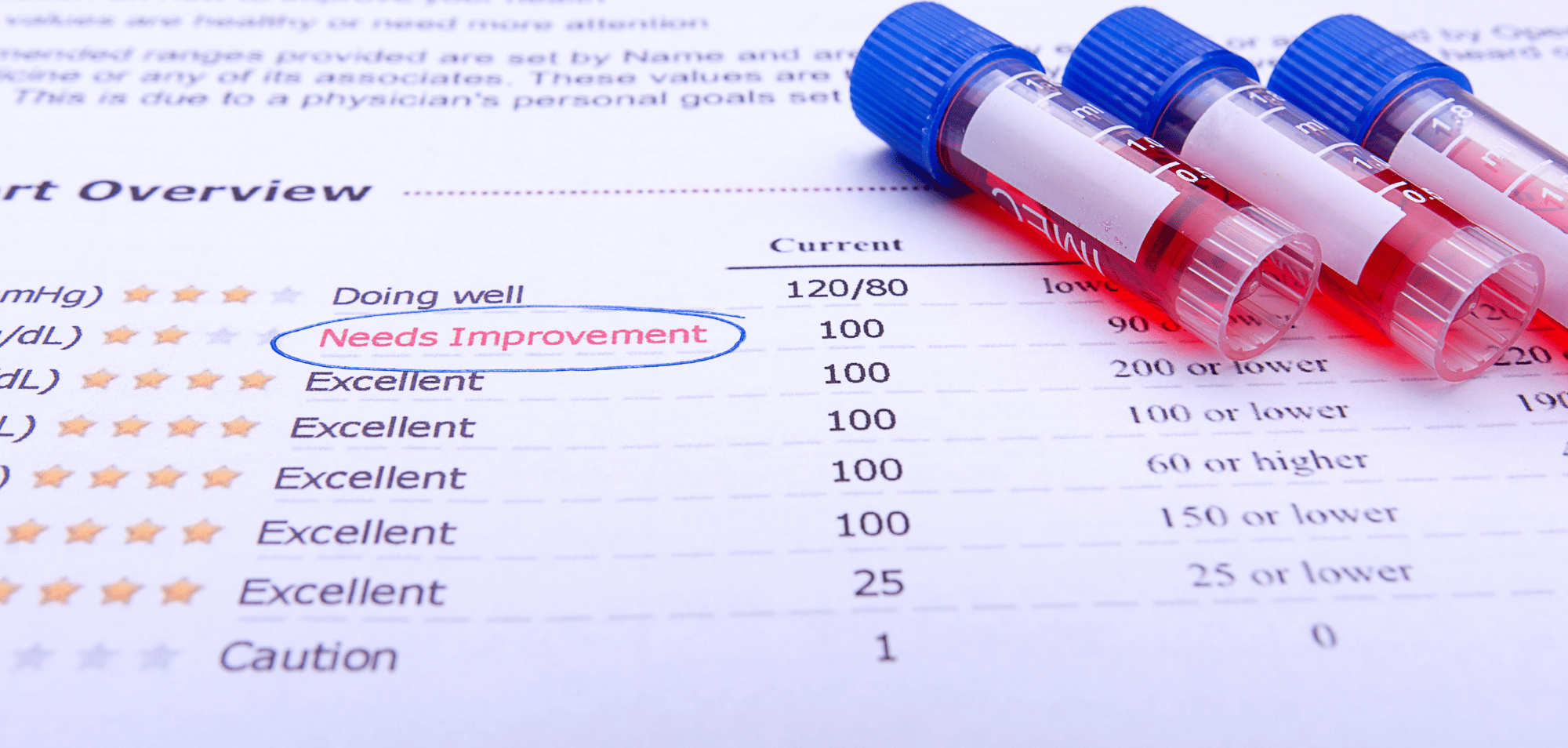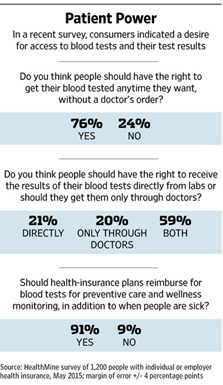The healthcare landscape is experiencing a profound shift, transitioning from a reactive model to a proactive approach, where preventative medicine takes center stage. This shift prioritizes early detection, intervention, and personalized care to improve patient outcomes and overall well-being. For decades, healthcare has focused primarily on treating illnesses after their onset, rather than preemptively preventing them. With the convergence of technological advancements and a growing emphasis on holistic wellness, the healthcare paradigm has been reshaped, underscoring the pivotal role of preventative measures.
The Role of Lab Tests
At the heart of this transformation lies the significance of lab tests. These diagnostic tools have evolved beyond their conventional role, becoming indispensable instruments for identifying potential health risks, facilitating early interventions, and tailoring precise treatment plans. Their value is evident not only in identifying existing conditions but also in forecasting potential health issues before symptoms manifest.
Consider the impact of routine lab tests, ranging from basic blood panels to advanced genetic screenings. Blood tests reveal critical health markers such as cholesterol levels, organ function indicators, and disease-specific markers. Meanwhile, genetic testing has revolutionized healthcare by uncovering predispositions to various conditions, empowering individuals to adopt proactive measures to mitigate risks. The necessity for an expanded array of lab tests in preventative medicine is evident. With advancing technology, these tests have become more comprehensive, precise, and accessible.
Recent studies have demonstrated the impact of lab tests. One great example is a 2016 study on how serum Magnesium levels can help decrease coronary heart disease (CHD) mortality. The authors found that by increasing serum magnesium levels by just 0.1 mmol/L, a significant decrease in CHD mortality was observed. Magnesium is easy to supplement and if patients know that they have low levels ahead of time, they can take action to raise these levels and lower their chances of dying of CHD. Another CDC study shows the importance of early detection in lowering mortality. These figures substantiate the pivotal role of lab tests in preemptive healthcare, emphasizing the significance of early detection in improving patient outcomes.
The Importance of Trendability
However, it's not just about conducting tests; it's about deriving actionable insights from trendable lab data over time. Trendable data allows healthcare practitioners to map the progression or regression of a condition, gauge treatment effectiveness, and predict potential health trajectories. It plays a pivotal role in chronic disease management and preventive care, enabling practitioners to make informed decisions and intervene early if deviations from baseline values occur.
Accessibility of Labs to Patients
Another key factor to consider is that patients today are more empowered and engaged in their healthcare journey than ever before. With increased access to information and a growing emphasis on proactive health management, individuals are advocating for easier access to their lab results and requesting more comprehensive tests. This shift represents a fundamental change in the patient-provider dynamic, with individuals seeking a deeper understanding of their health status and actively participating in decision-making processes regarding their care. Patients recognize the value of early detection and prevention, driving the demand for a wider array of lab tests to gain a more comprehensive overview of their health. Even back in 2015, a HealthMine survey found that 80% of patients felt that they should receive their lab results either directly or directly and through the doctor. With patients not being medical experts, getting these results into the EMR in a way that is easily accessed, interpreted, and trended by patients is critical.
The rise of preventative medicine marks a transformative era in healthcare, emphasizing proactive steps to enhance patient outcomes. Lab tests stand at the forefront of this movement, providing insights that empower individuals to take charge of their health. As technology continues to advance, companies like Extract play a pivotal role in ensuring that the vast information yielded by these tests is readily accessible, comprehensible, and trendable, steering us toward a future of enhanced healthcare and improved patient outcomes. Our automated data extraction software intelligently identifies and abstracts discrete data before delivering it directly to a patient’s chart, providing timely, accurate, normalized, and trendable data.
About the Author: Ryan Fair
Ryan is a Regional Business Development Manager at Extract with experience in business development, consultative sales, project management, and product development. Ryan received his bachelor's degree in biology from the University of Iowa. As a partner for Extract's HIM clients, Ryan is dedicated to providing solutions that seamlessly integrate with current workflows and improve the quality of patient care.


